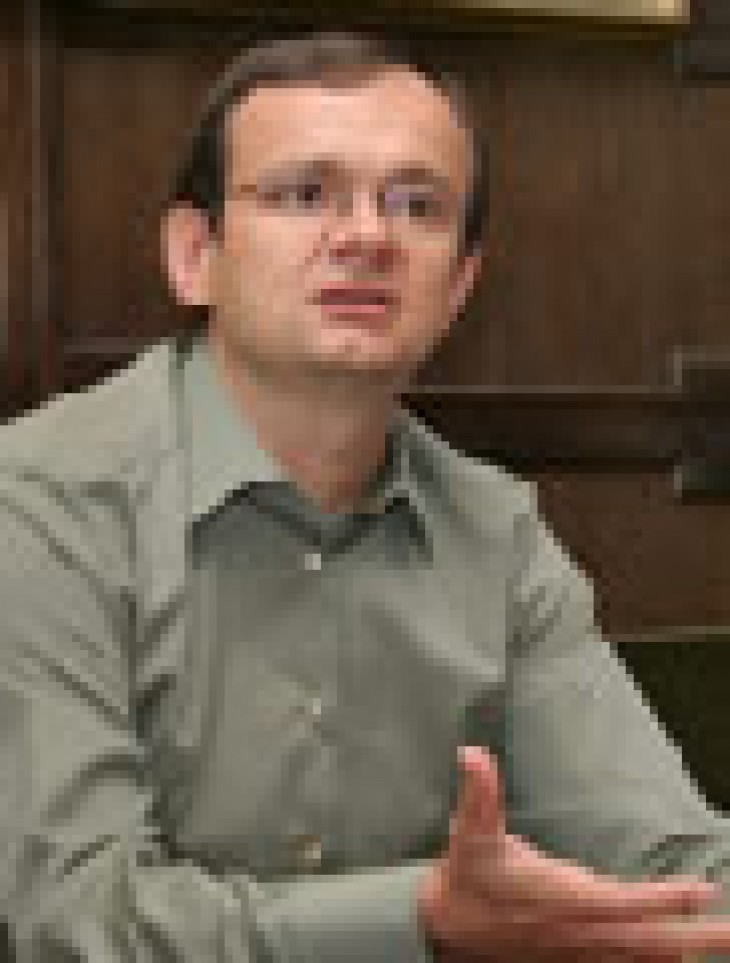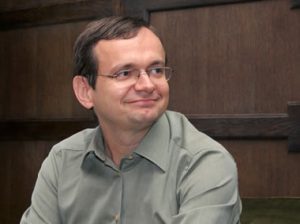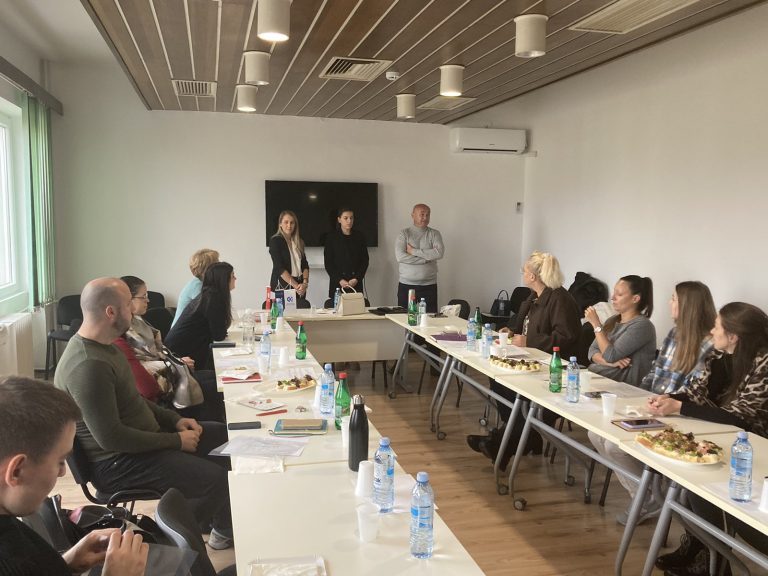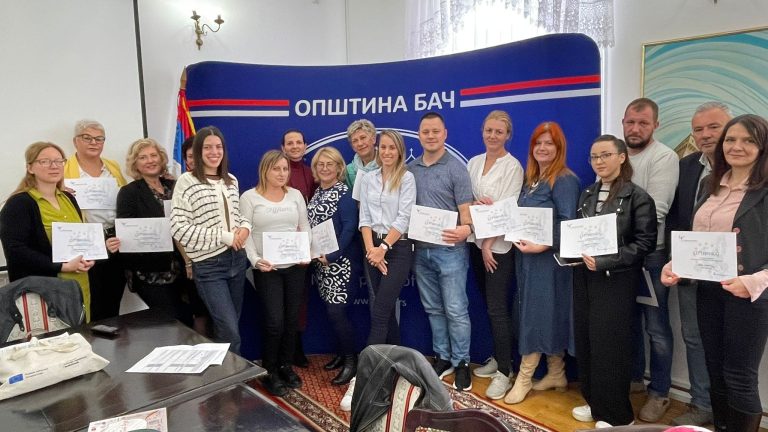Interview with Predrag Novikov, Director of the Office for European Affairs, published in “Dnevnik”, 16 July

Wailing does not attract EU funds
“Representatives of three Vojvodina local self-governments with the best development action plans will have an opportunity to gain insight into the work of Local Action Groups (LAGs) for rural development in Italy at the end of this year”, as it was announced yesterday by Ruggiero Tabossi, Ministry of Economic Development of Italy, and Predrag Novikov, Director of the Office for European Affairs, Executive Council of Autonomous Province of Vojvodina. ”The project aim is transfer of best experiences from EU Member Countries to Vojvodina. If LAGs are not formed, it will be very difficult to attract EU IPA Funds”, explained Novikov for “Dnevnik”, and gave warning that the new EU Member States used less than 30 percent of the funds allocated to them.
What should towns and municipalities inthe Province do to be able to make the optimum use of EU funds?
“I believe that there is an urgent need to establish development teams at the level of towns and municipalities that would be engaged in the preparation and realization of development activities and use of EU funds. Otherwise, we risk losing a large amount of allocated funds. More active municipalities will have more opportunities to attract new investments concretely. For instance, in the case of Novi Sad, the new government will have to face greater challenges to recover the city completely from the shock it suffered. High debts have been inherited, foreign production investments have been hindered, and the city has also taken the leading part in the use of European funds. Novi Sad is still a large city and I believe that it will soon manage to catch up with European pace, present its capacities qualitatively and attract necessary capital. I expect that other cities will join the Autonomous Province of Vojvodina at the OPEN DAYS in Brussels in early October, when more than two hundred regions around the continent gather each year. This is a good opportunity for local administrations to present their capacities, establish new contacts and attract investors.
In addition to its membership in the BritishRoyal Institute of International Affairs, London, Institute of the Regionsof Europe, Salzburg, European institute, Brussels, and Institute ofInternational Relations, Paris, the Office for European Affairs, ExecutiveCouncil of Autonomous Province of Vojvodina, became a partner of the EuropeanInstitute of Public Administration, Maastricht a few days ago, didn’t it?
“It is very important for our representatives to be present at places where opinions are formed and decisions are made, which can have long-term impact on our economic and broader social prosperity. It is necessary to lobby long before decisions are made, because once important institutions and large countries form their opinion, the process of revision becomes extremely complex, and quite often impossible. Therefore, it is in our interest to be included in the decision-making process from the beginning, especially when it comes to decisions of concern to us, and to represent our interest or hinder the making of those ones which could be contrary to our strategic decisions. Of course, it would be illusory to expect that we could always have the final word in the majority of these institutions, however, our physical presence there shatters the negative image which has remained from the previous period and for which we are still paying dearly”.
A strategic approach towards the EU is nolonger disputable, yet are we prepared for that path economy-wise?
“Firstly, it is a great illusion that ‘the west’ will automatically pour money whenever we seek for help. It is also a great illusion that we are most important and that we are the world’s main concern. On the contrary, we are most often only a marginal issue. To make things worse, we were mainly known for conflicts and suffering in the nineties. Thus, this region was identified as a rebellious and unsafe area. That is also why foreign investments are still lacking, and for this reason, it is of vital importance that our positive story manages to break through to as many influential places as possible. Serbia is a small developing country with very low GDP and a limited internal market. Hence, we must be careful about our actions, because the flow of capital is directed by countries with far greater economic and political power. You may like or dislike some countries, but because of ourselves, because of citizens’ prosperity, we have to have strength to measure out our real range and to try to incorporate our interest into the interest of great world cogwheels. That is why we talk so much about the EU, because it is the only rational framework for the realization of our interests in the long term, for stronger economy and higher living standard of citizens. We could start a new flywheel, we could employ people and give them a chance for which they have been waiting so long with a clear development and European strategy”.
Where will Vojvodina be in that story?
“I am proud that we have established a partnership network with the regions all over the continent in coordination with the EU Integration Office of the Government of Serbia, as well as with the Ministry of Foreign Affairs and Ministry of Economy in a short time. Today, the doors of major European capitals are open to Vojvodina, however, we have also provided training for Dimitrovgrad, Niš, Despotovac, Užice, Vlasotinac, Lebane, Medveđa, Šabac, etc. We have presented the advantages of regionalization to our colleagues from other parts of the country. Today Vojvodina has far greater development opportunities because of established institutions that have real impact on our economic performance. For instance, why couldn’t the region of Niš or Kragujevac have development funds, capital investments funds or their offices for European affairs tomorrow? We do not need to discover America all the time, good things should be copied without shame. Accession to the EU has been identified at the highest governmental level as our country’s strategic priority, whilst regional policy within European framework has been defined as one of the pillars of the EU development policy. Therefore, you cannot claim to be for Europe and against the region. That is simply not the way it goes, due to the fact that the greatest part of European funds are distributed through regions. With respect to this, Vojvodina is the leader, however, if ‘intensive waiting’ and procrastination at national level continues, our chances of efficient use of funds will be reduced”.






